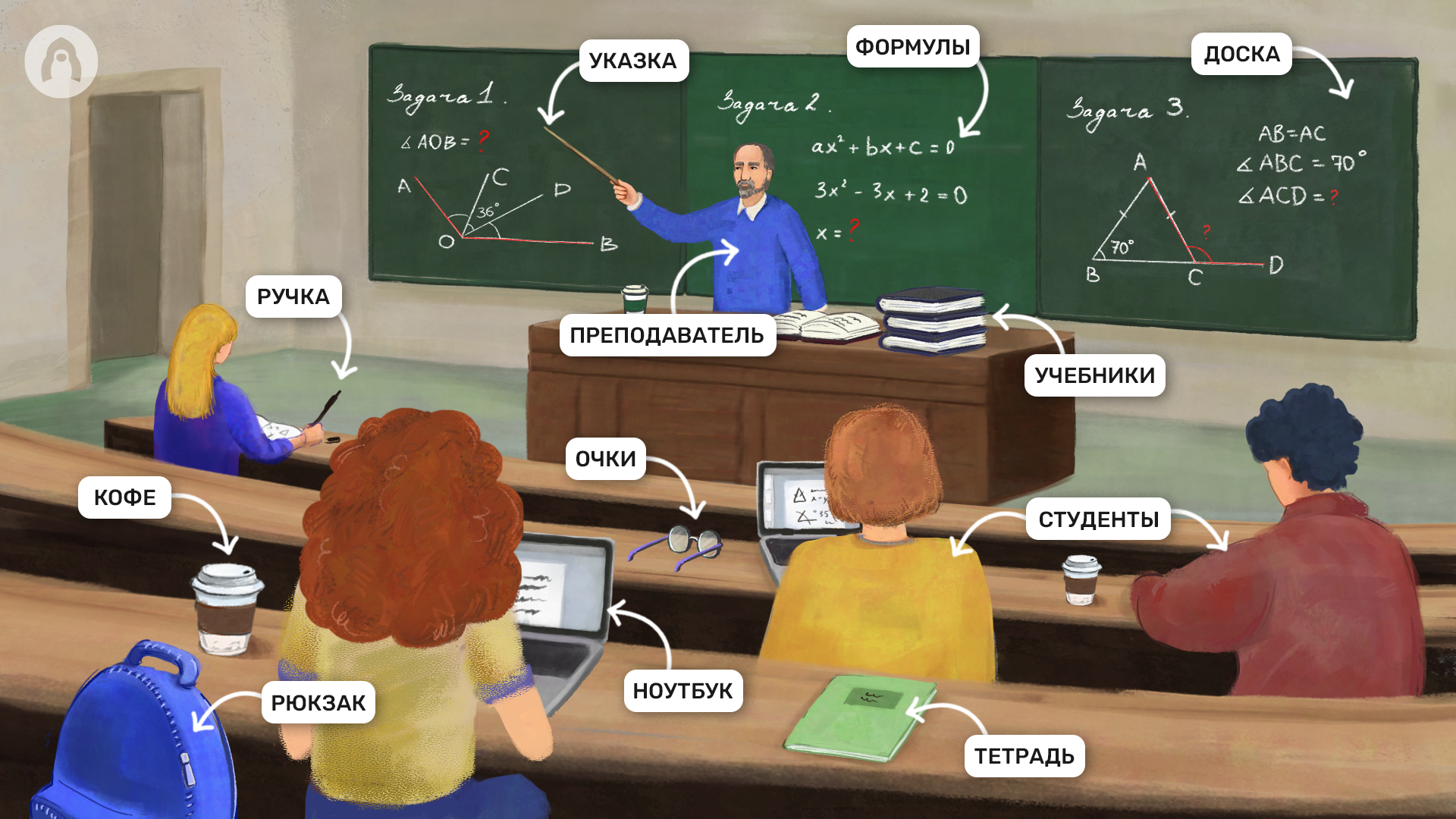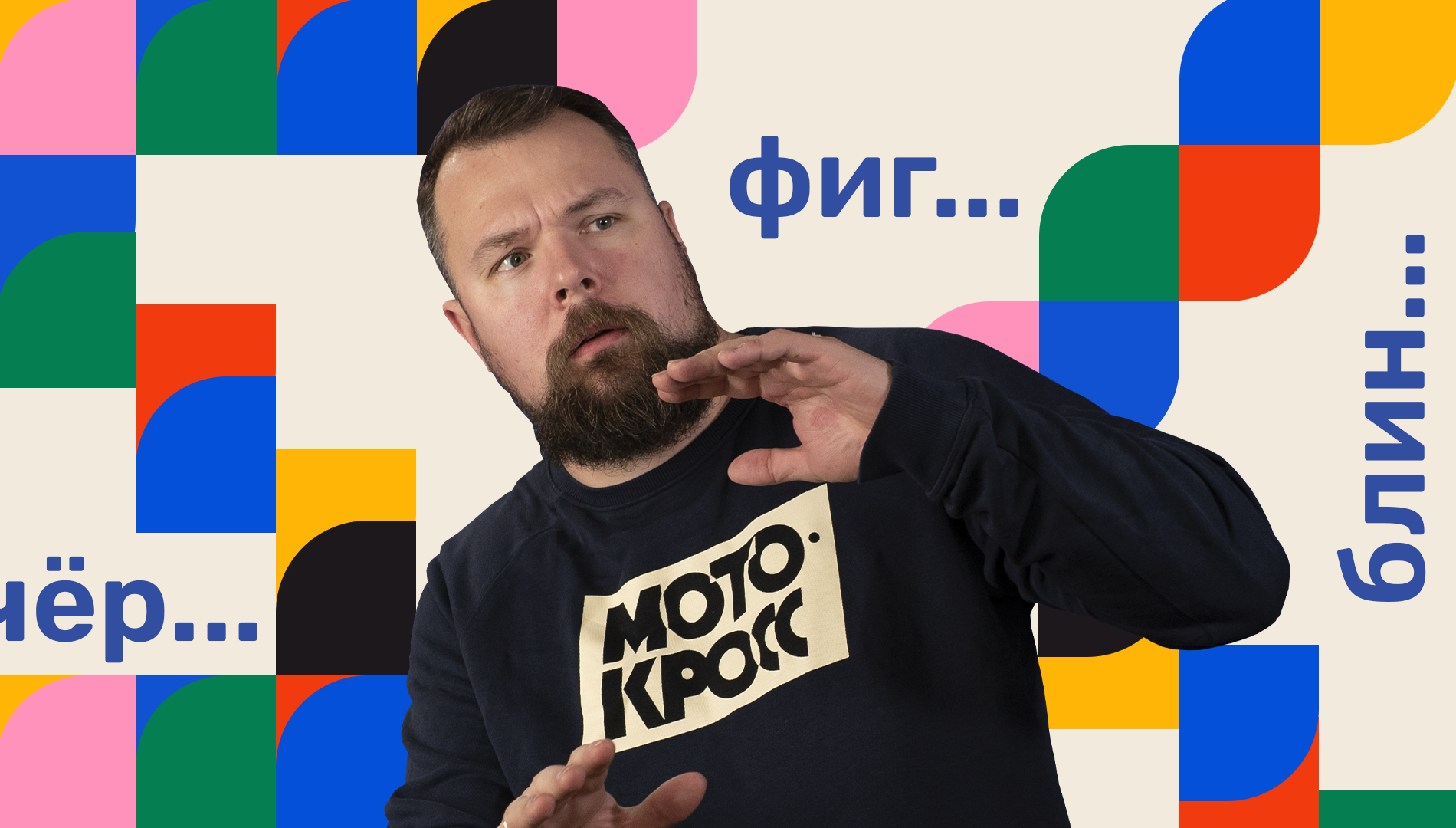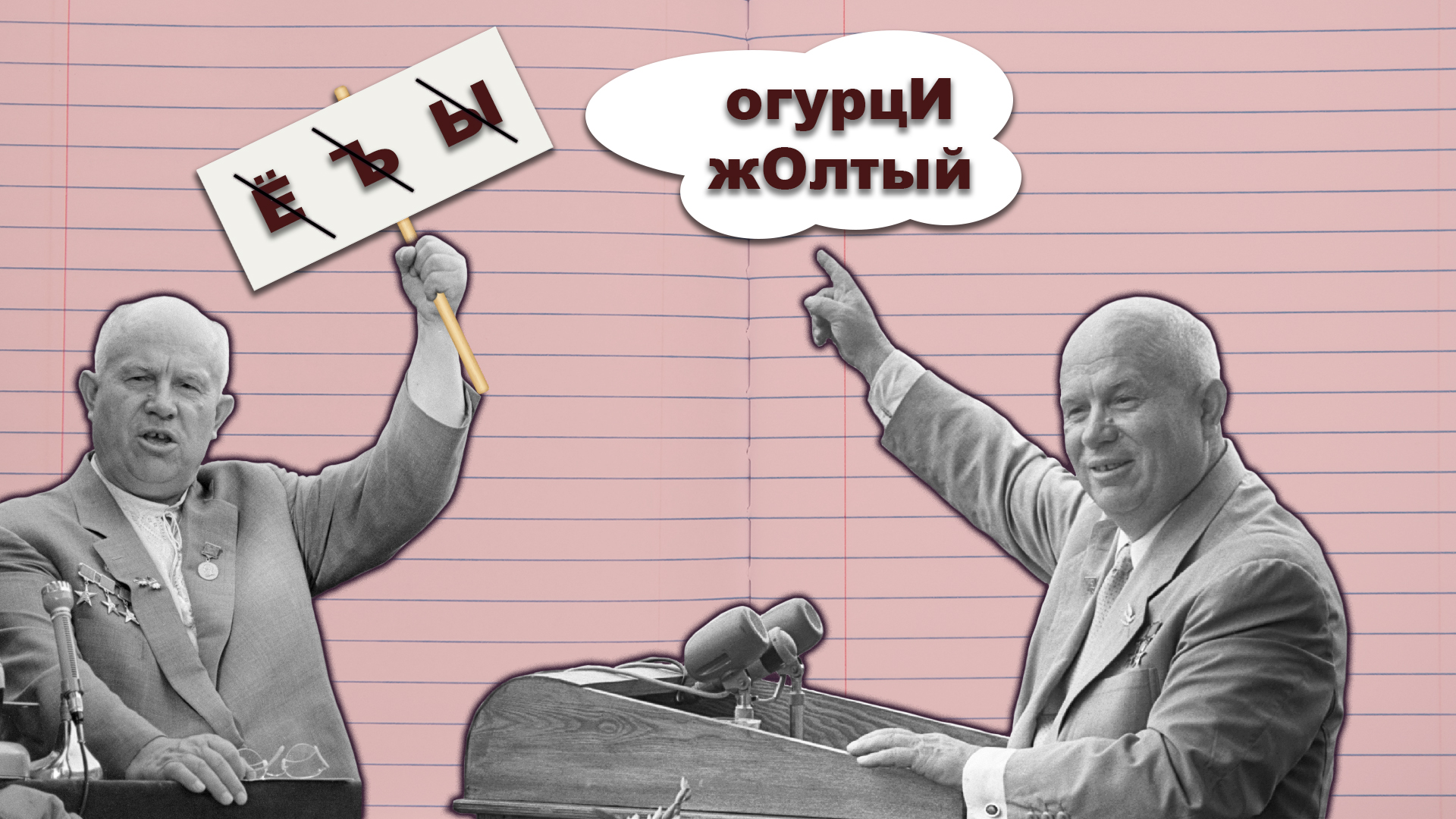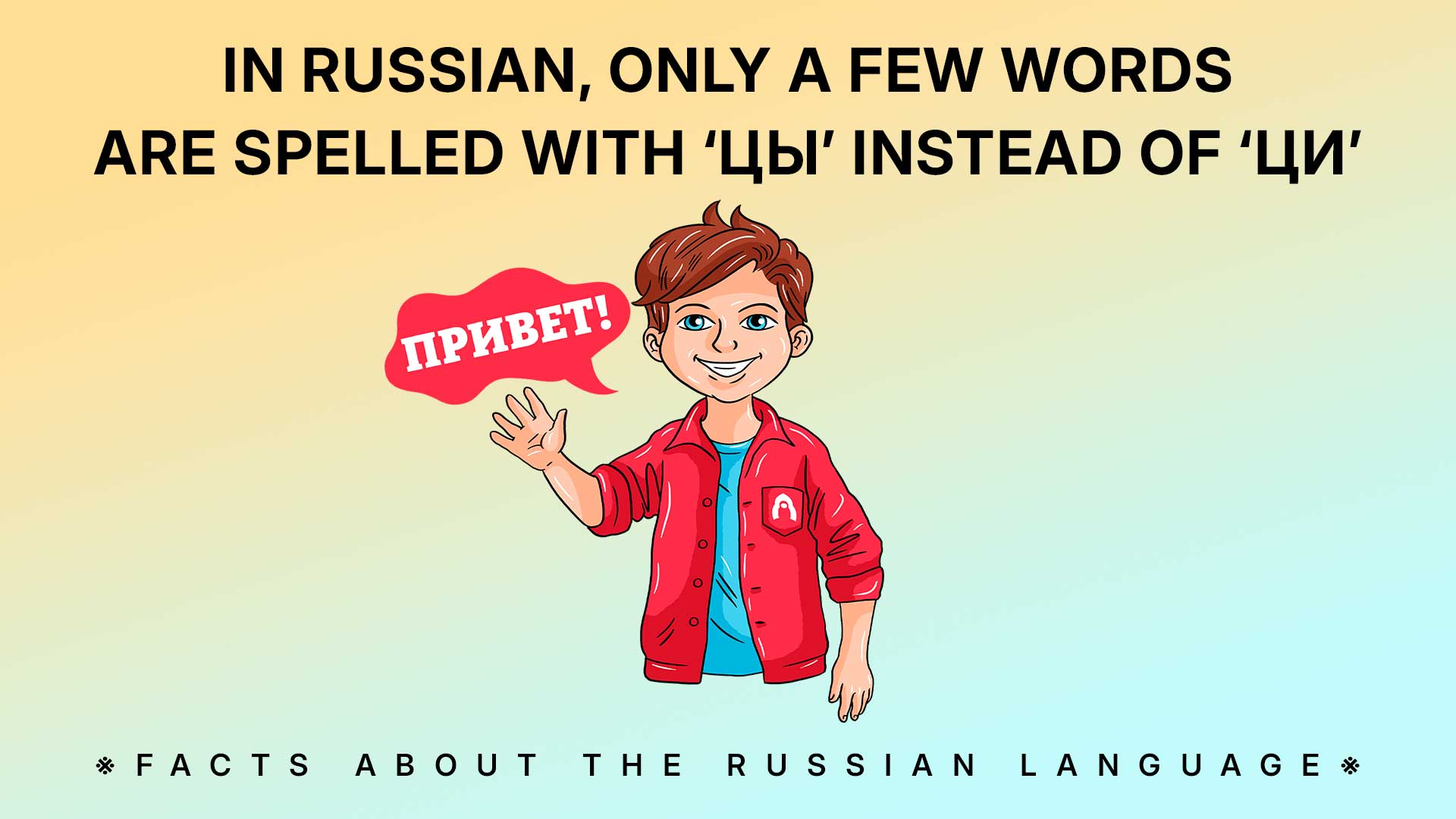
5 MAIN difficulties of the Russian language, according to foreigners

1. Cases
Absolutely all foreigners learning Russian say that cases are the most difficult to learn.
There are SIX cases in the Russian language and the noun endings are changed according to them. Moreover adjectives, some pronouns and participles agree in gender, number and case with the noun, which means they also change in cases in all forms. And if you can somehow overcome the cases of the nouns themselves and some pronouns, then the endings of words that agree with them are sometimes confused, even by the Russians themselves.
Here’s the example of how words change in accordance with different cases (let’s take a ‘beautiful fox’ which is ‘krasivaya lisa’):
- Nominative case: Красивая лиса
- Genitive case: Красивой лисы
- Dative case: Красивой лисе
- Accusative case: Красивую лису
- Instrumental case: Красивой лисой
- Prepositional case: Красивой лисе
 Wenfeng Kan from China
Wenfeng Kan from China
“We don't have such a grammatical category in Chinese, so it is extremely difficult for a beginner to wade through these mazes. At first, I had to memorize everything. But, after a while, I mastered the rules and it became easier,” says Wenfeng Kan from China.
 Garima from India
Garima from India
Garima from India, meanwhile, recalls a funny incident: “One day, in a cafe, I ordered ‘чай без сахара… и без чая’ – tea without sugar and without tea, instead of ‘чай без сахара’ – tea without sugar. Everyone laughed!”
2. Motion verbs
The English language has the verb ‘go’. But, Russian has a dozen different verbs for this single one: ‘пойти’, ‘идти’, ‘ходить’, ‘ездить’, ‘ехать… There are many verbs of movement in Russian and they often put foreigners in a stupor.
 Hilal from Turkey
Hilal from Turkey
“When we translate these verbs into Turkish, it's just one word,” says Hilal from Turkey.
“Пойду полежу”, “сходил погулять” (“I'll go lie down”, “I went for a walk”) <…> are just some of the expressions that just blow the brains of foreign students.
 Rollando from Madagascar
Rollando from Madagascar
"Motion verbs are still completely incomprehensible to me. Especially those with prefixes, because the meaning of a word changes completely with different prefixes," admits Rollando from Madagascar and gives an example: “‘Уехать’ и ‘приехать’ have the common root ‘ехать’ (‘go’, ‘drive’), but they are two completely different words with opposite meanings – ‘уехать’ means ‘leave’ and ‘приехать’ means ‘arrive’.”
3. Aspects of verbs
Many foreigners struggle with the aspects of verbs. All verbs in Russian are divided into imperfective and perfective forms. And the verb aspect indicates whether the action is completed or not. For example, the verb ‘do’ has two forms in Russian: ‘делать’ (imperfective) & ‘сделать’ (perfective).
Compare:
- “I am doing my work” - “Я делаю работу”
- “I’ve done my work” - “Я сделал работу”
 Mailin from Cuba
Mailin from Cuba
“It is very difficult for a foreigner to determine the imperfect and perfect form of verbs,” says Mailin from Cuba.
Sometimes, these are very similar verbs, but some small thing: a prefix or suffix changes their appearance. And the type depends on which one to use in each specific situation. A person can speak Russian fluently and master all cases, but, unfortunately, still make mistakes in aspects.
4. Word stress
 Dina from Afghanistan
Dina from Afghanistan
“It's very difficult to remember where to stress words,” says Dina from Afghanistan.
And, the truth is, there are no clear rules in Russian, so foreigners often have to learn all the accents by heart. And then, they face another difficulty. Accents can change when the form of the word changes: ‘учИтель’ (‘teacher’) has accent on the second syllable when singular, while ‘учителЯ’ (‘teachers’) has stress on the last syllable when plural.
But, foreigners should not worry too much, because there are many cases where even Russians confuse where to stress a word! (We wrote about some of them here.)
5. Pronunciation
Just by looking at the Russian alphabet, foreigners realize that they will have a hard time! After all, the letters ‘Ы’, ‘Ц’, ‘Ш’ & ‘Щ’ look scary!
ButБ there are also difficulties with seemingly ordinary letters like ‘Р’ and ‘Л’. They often sound special in Russian.
The letter ‘Р’ is quite difficult for Wenfeng, because there is simply no such sound in Chinese.
 Rebecca from Madagascar
Rebecca from Madagascar
And Rebecca from Madagascar has a hard time pronouncing the letter ‘И’. To pronounce the word ‘был’ (‘was’), she says she needs to strain her vocal cords in an unusual way for her.













